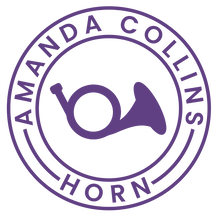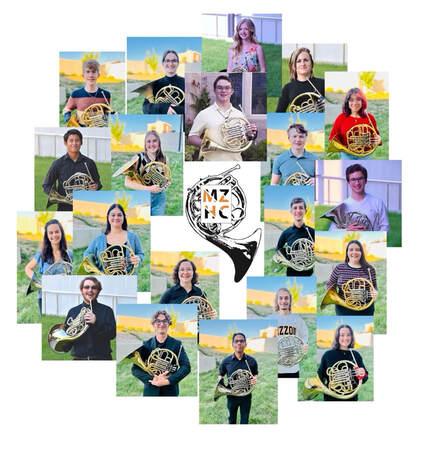A passionate
teacher &
mentor...
Ms. Collins' teaching philosophy consists of four sections:
Goal Setting/Journey, Focus/Mindfulness,
Physical/Mental Relaxation and Mentoring.
Goal Setting/Journey, Focus/Mindfulness,
Physical/Mental Relaxation and Mentoring.



